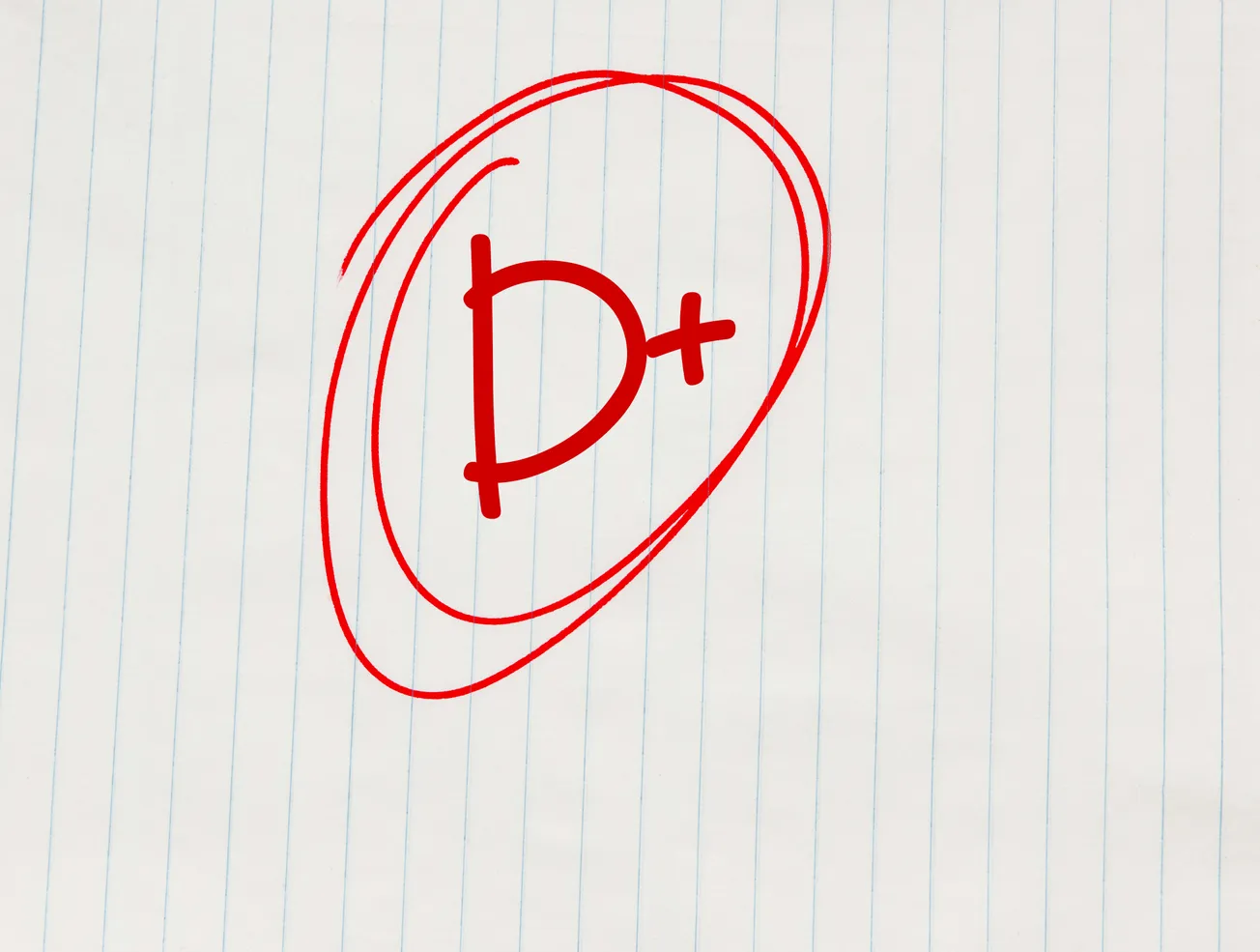Speaker-elect Mike Johnson, a conservative Republican from Louisiana, is nearly as unknown as Naples, Florida, Congressman Byron Donalds, whom we advocated for the top House job a few days ago. Just a few hours ago, he won 220 GOP votes in the House to become America's 56th Speaker. He only needed 218.
The media cast the internal fight when the House was leaderless for nearly twenty days as "chaos." Even Johnson acknowledged it by saying, "Democracy is messy sometimes, but it is our system. This conference that you see, this House Republican majority, is united." It is clear that the GOP is united. For now. [Donalds had earned the second most votes, so he still has a promising career ahead].
The immediate winner is the State of Louisiana. Representative Steven Scalise, himself nominated for Speaker but then losing on the floor last week, is also from the Pelican State. Scalise is the Majority Whip, the House's #2 most powerful role. Scalise will continue to hold this post.
A bigger winner is the GOP. For all the talk about Republicans being a conservative party, its leaders in Congress have been indistinguishable from the Democrats. Mike Johnson has an ultraconservative record in the House and as a state legislator. He has no political baggage and has flown under the radar for most of his House career. He is also a close Trump ally and this alone can help change the dynamics of the 2024 election.
Most of Johnson's policy positions are cultural and religious. For example, he introduced a bill that would prevent federal dollars from going to any organization that "intentionally exposes children under ten to sexually explicit material." Such legislation is popular with the evangelical right that forms an extensive base within the GOP.
He also was the lead signatory of an amicus brief in 2020 that opposed the election results in Georgia, Michigan, Pennsylvania, and Wisconsin. We have often remarked in these columns that the electoral processes leading up to, during, and after election day were suspect.
Trump's Attorney General, William Barr, did not adequately investigate when Democratic operatives filed over 145 lawsuits alleging that Covid shutdowns would disproportionately disenfranchise minorities and other communities of color. The DOJ did not investigate when the remedies the Democrats sought were relaxed rules to accept late mail-in ballots and eliminating restrictions to verify ballot signatures against voter rolls. The DOJ Civil Rights division never vetted last-minute changes in ballot measures when millions voted absentee in states with little experience with no-excuse mail-in balloting. Nor did the DOJ investigate Zuckbucks, the first time that a private foundation paid poll workers to the tune of $400 million.
Two weeks before election day, 50 former intelligence officers provided cover to President Biden before a national debate that the Hunter Biden laptop was Russian misinformation. We now know that the officials' letter was 100% false and paved the way for a Biden victory.
Anecdotally also, there was sufficient suspicion about the 2020 elections. No American president in 180 years had failed to win reelection if he won more votes from the first election. Trump had won 11 million more votes than his 2016 count, for a total of 74 million. [In 2012, Obama handsomely won reelection although he earned 4 million fewer votes than his 2008 total].
While it is true that the Trump campaign failed to convince a court that election irregularities happened, it is also true that no court looked into the campaign's grievances. A majority of GOP voters continue to believe that the election was rigged. Mike Johnson will be the voice of those voters in the House, a marked departure from a Left-wing idealogue like Nancy Pelosi, who ruled the House for years and constituted a partisan J6 Committee that never looked into the causes of J6. If Pelosi can be Speaker, there's no reason why a strong conservative cannot be successful.
Johnson is firmly opposed to Ukraine funding while being open to funding Israel, a position he shares with the GOP base. Johnson's position will add significant anxiety to the Biden administration, the neocons in the GOP, including Sens. Mitch McConnell and Lindsey Graham, and Ukraine, not to mention Europe, which relies on the United States to provide more than 50% of funding. The three leading GOP candidates - Trump, Florida Gov. Desantis, and Vivek Ramaswamy are all against funding Ukraine.
Contrary to the media narrative, the most significant winner is the American voter. For more than three decades, the inner workings of Capitol Hill were hidden from view as midnight handshakes in House and Senate cloakrooms crafted government policy. Lobbyists, Congressional Appropriators, and Committee Leaders always had a way to advance legislation even if the average voter vehemently opposed it. "Compromise," we were told, is the cost of a vibrant federal republic like ours. The 20-day fight in the House pared back the curtains and revealed the stage and the green rooms for the world to view. The average voter was sickened to see how the "sausage-making" parts of our government worked.
Republican members on appropriations and defense committees overwhelmingly supported a Soviet-style industrial policy of spending up to $100 billion on wars in Ukraine and Israel to modernize Pentagon inventories. Never mind that Pentagon budgets have grown during the last few years at rates far higher than inflation. At a whopping $850 billion, the American defense budget is more than the combined outlays of the next ten countries. But these appropriators wanted even more, egged on by lobbyists from the Military Industrial Complex.
And they wanted more when the average voter is deeply concerned about the country's fiscal health, racking up $2 trillion in deficits this year and heading to $34 trillion in debt. The average voter saw how these representatives ignored the wishes of the Americans and defeated the candidacy of Jim Jordan, who was the favorite to win the Speakership, only so that they could secure Ukraine funding. Jordan is a staunch opponent of such spending and a supporter of bringing fiscal sanity to Washington.
In Johnson, the GOP finally has a leader who can run the House to advance conservative ideas, shaking the 2024 race for both Congress and the presidency.
We could use your help. Support our independent journalism with your paid subscription to keep our mission going.









